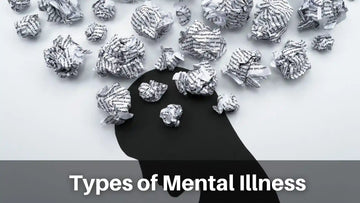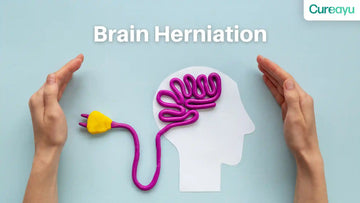The Benefits of Deep Breathing
Deep breathing is a basic and powerful relaxation technique that can help to reduce stress and improve sleep. It is easy to learn and can be practiced anytime, anywhere. This article will discuss the benefits of deep breathing and how to practice it.
Deep breathing is an incredibly powerful tool for relaxation and stress relief. Not only does it help to reduce tension, but it can also improve mood, reduce blood pressure, regulate heart rate, and improve overall health. It can also help to improve concentration and focus. Taking a few minutes each day to practice deep breathing can be a great way to reduce stress and improve overall well-being.
Also Read: Effects of Air Pollution on Health, Climate, and Ecosystems
Stress Reduction
Deep breathing can help reduce stress levels in both the body and the mind. By slowing your breath, you can lower your heart rate, decrease your blood pressure, and reduce muscle tension.
Also Read: From Recognition to Recovery: A Deep Dive into Depression Signs
Improved Sleep
Deep breathing can also help improve the quality of your sleep. By taking slow, deep breaths, you can relax your body and mind and make it easier to fall asleep.
Increased Energy
Deep breathing can help increase energy levels. By taking deep, slow breaths, you can increase the oxygen supply to your body and brain, which can help increase alertness and focus.
Improved Mental Clarity
Deep breathing can help improve mental clarity and focus. By focusing on your breathing, you can clear your mind and help reduce distraction and mental fog.
Increased Immunity
Deep breathing can improve and help strengthen your immune system. By taking slow, deep breaths, you can increase the oxygen supply to your cells and organs, which can help fight off illnesses and infections.
Improved Digestion
Deep breathing can help improve digestion. By taking slow, deep breaths, you can reduce stress and anxiety related to digestion, which can help improve digestion and nutrient absorption.
Also Read: Navigating Digestion with the Art of Food Selection for Gut Harmony
Reduced Anxiety
Deep breathing can help reduce anxiety. By taking slow, deep breaths, you can relax your body and mind and make it easier to manage anxious thoughts and feelings.
How to Practice Deep Breathing
Deep breathing is a simple yet effective relaxation technique. It can help reduce stress and tension, improve sleep, and boost your overall well-being. Practicing deep breathing is easy and can be done anywhere and at any time. Start by finding a comfortable position, such as sitting or lying down. Place one hand on your stomach, and the other on your chest. Slowly inhale through your nose and focus on feeling the breath move into your abdomen. As you do this, your stomach should expand and your hand should rise. Hold this breath for a few seconds, and then slowly exhale. As you exhale, imagine all of your stress and tension leaving your body. Repeat this process for several minutes, focusing on the feeling of each breath. With regular practice, you will be able to relax and reduce stress in just a few minutes.
Also Read: Understanding the Importance of Physical Fitness for Well-being
Find a Comfortable Position
Find a comfortable position, either sitting or lying. Make sure your back is supported and your body is relaxed.
Take Slow, Deep Breaths
Take slow, deep breaths in through your nose and out through your mouth. Concentrate on the sensation of the breath as it moves in and out of your body.
Focus on the Breath
Focus on the breath and try to clear your mind of any thoughts or worries.
Maintain your Focus
Maintain your focus on the breath for several minutes. If your mind starts to wander, gently bring your attention back to the sensation of the breath.
Repeat as needed: Practice deep breathing several times a day, or whenever you need to reduce stress or relax.
Deep breathing is a simple and effective way to reduce stress and improve your overall quality of life. It is a practice that can be used to relax the body, reduce anxiety, and improve sleep. Deep breathing works by activating the body’s parasympathetic nervous system, which helps reduce stress and restore balance in the body. It also increases oxygen levels in the body, which can help reduce fatigue and enhance mental clarity. Practicing deep breathing is easy and requires no equipment. It can be done anywhere, anytime, and requires only a few minutes to complete. With regular practice, the benefits of deep breathing can become even more pronounced.












